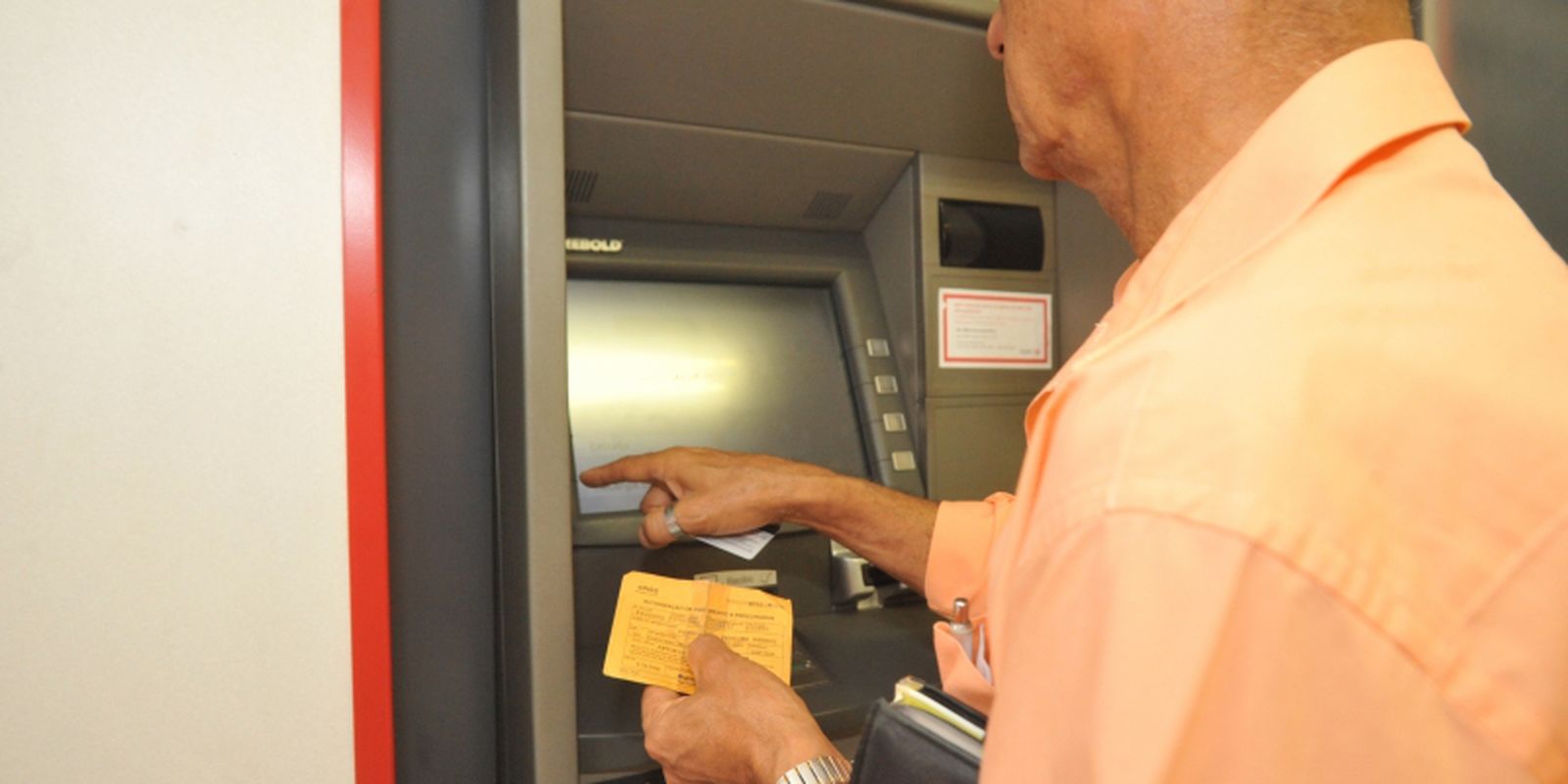Every month, the notice appears on the bank statement. Part of the balance in the account is deducted under the heading of fees. This money remunerates the services provided by financial institutions. The collection, however, is not random and complies with Central Bank (BC) regulations.
Firstly, the fees must be established in the contract and can only be charged if the services have been effectively performed. In addition, there are free services, established by the Resolution 3,919, published in 2010 by BC.
The following services cannot be charged: classified as essential, linked to the current or savings account; early settlement in credit and financial leasing operations; and the provision of attestations, certificates and declarations with mandatory issuance.
essential services
In the case of a current account, there are nine essential services, including the provision of a debit card and the issuance of a duplicate in case of loss, theft, theft, damage or any reason beyond the responsibility of the financial institution. Four withdrawals per month, two monthly transfers between accounts of the same institution and two statements per month, with transactions in the last 30 days, are also considered essential.
Savings accounts have seven services classified as essential. In some cases, the amounts are smaller. Only two withdrawals per month are exempt. The customer will also be able to make two free monthly transfers, but with an additional restriction – only to current accounts in their name and with the same financial institution.
Charge
If the customer uses essential services above the minimum quantity or uses services listed as non-essential, a charge may be made. In the case of withdrawals, withdrawals at self-service terminals at intervals of less than 30 minutes are considered a single withdrawal.
Financial institutions may offer fee packages. In this way, the client can contract minimum quantities of non-essential services, with a discount in relation to the individual execution of the services.
Resolution 3,919 obliges banks to disclose rates in a publicly visible location and format at branches. Disclosure must also be made in the site of the financial institution on the internet.
Service Categories
In addition to essential services, which are exempt from charges, the BC classifies financial services that can be charged into three types: priority, differentiated and special. Priority is given to services provided to individuals, relating to registration, checking or savings accounts, credit operations, credit cards and foreign exchange services related to international travel.
Priority services include operations such as Credit Order Document (DOC), Available Electronic Transfer (TED), exclusion from the Registry of Issuers of Unfunded Checks (CCF) and credit card annuity.
Considered peculiar, the differentiated services require the signature of a specific contract. Examples include differentiated credit card annuity; surety and guarantee operations; sending an automatic message regarding the movement or posting of deposits or credit card accounts; supply of a copy or duplicate of vouchers and documents.
Special services are regulated by specific rules or laws, which define rates and conditions under which charges may apply. This category covers services related to microcredit operations, rural credit, Housing Financial System, Severance Indemnity Fund, PIS/Pasep Fund and salary accounts.
pix
Instant payment system created by the Central Bank in November 2020, Pix does not charge fees from individuals in most situations. However, there are two exceptions: making a Pix at bank branches or by telephone, when the operation is available by electronic means, and receiving a Pix for the sale of a product or service.
In relation to legal entities, the institution may charge a fee for sending and receiving funds for transfer and purchase purposes. The charge can also be made when contracting ancillary services for complementary activities offered specifically to companies.
In the case of Pix, individual entrepreneurs and individual micro-entrepreneurs (MEI) are charged as individuals. Individual limited liability companies (Eireli) obey the legal entity rules.















